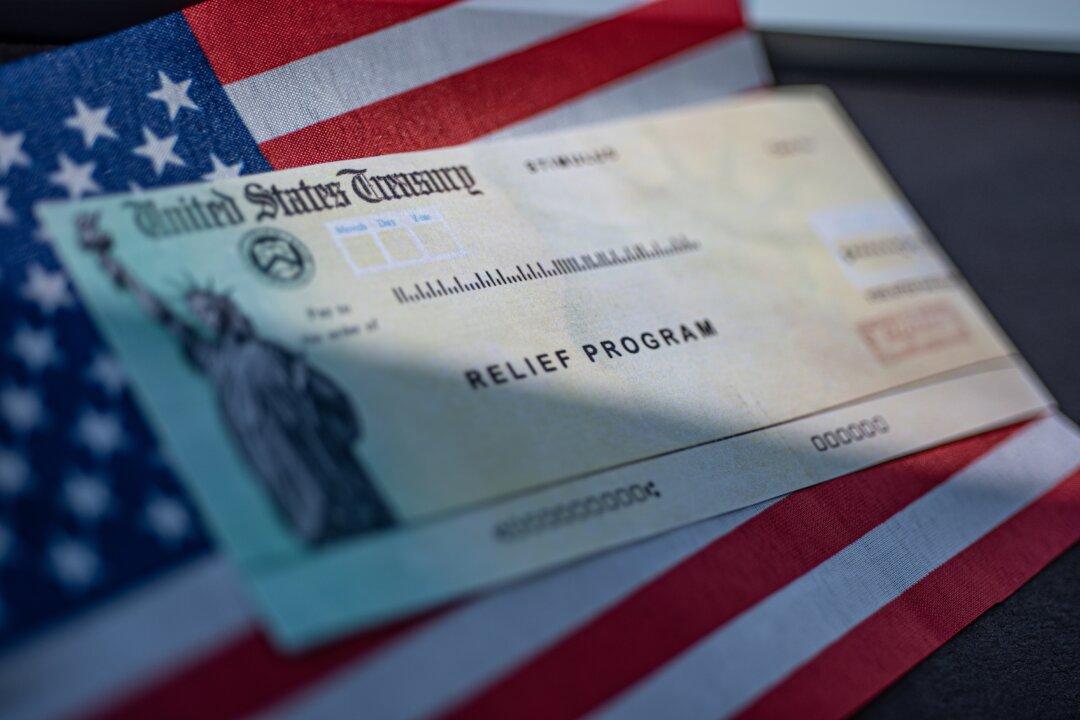Commentary
Believe it or not, before the coronavirus pandemic the U.S. government had never sent money directly to citizens. Not during the Great Depression. Not during the awful Spanish Flu pandemic. Never.

Believe it or not, before the coronavirus pandemic the U.S. government had never sent money directly to citizens. Not during the Great Depression. Not during the awful Spanish Flu pandemic. Never.